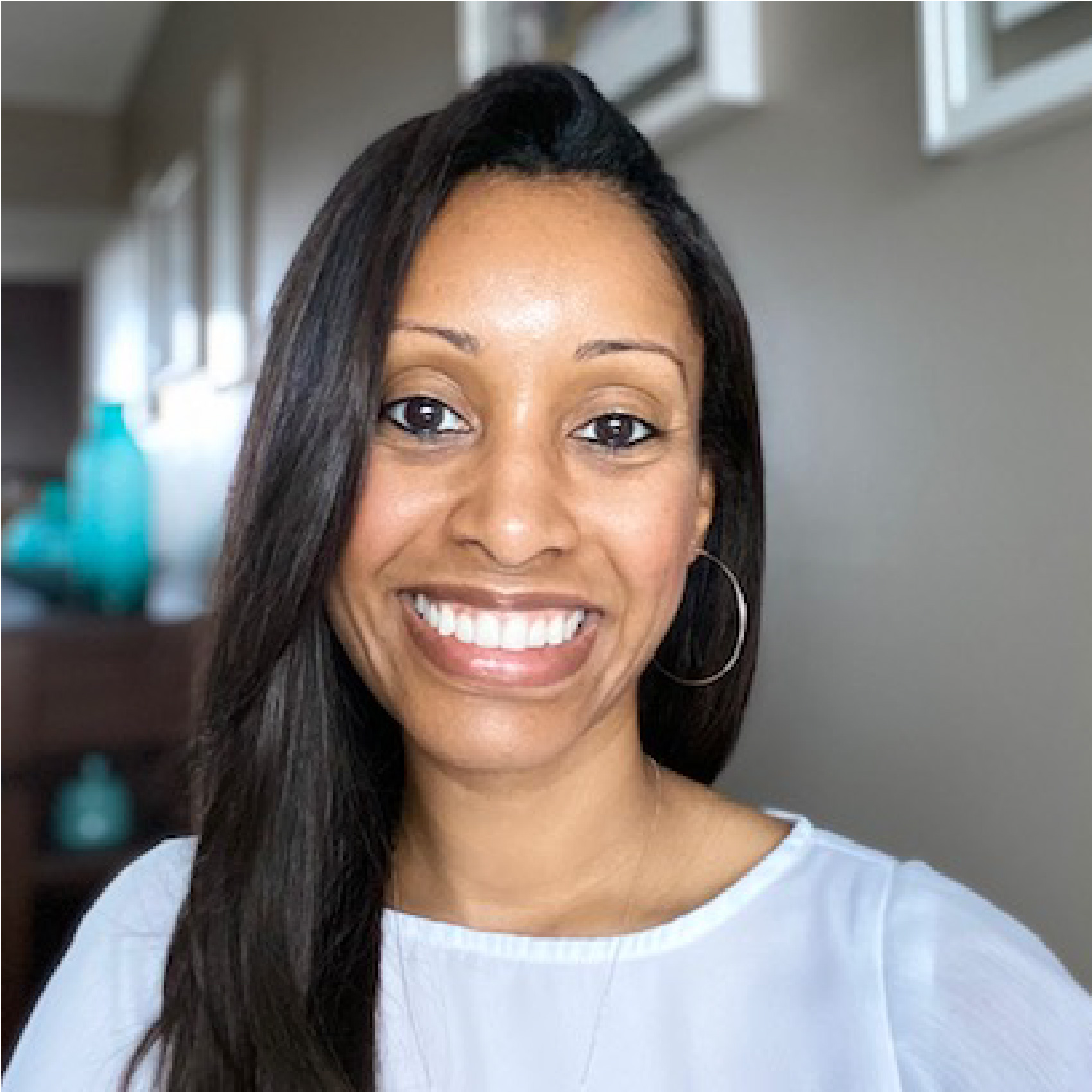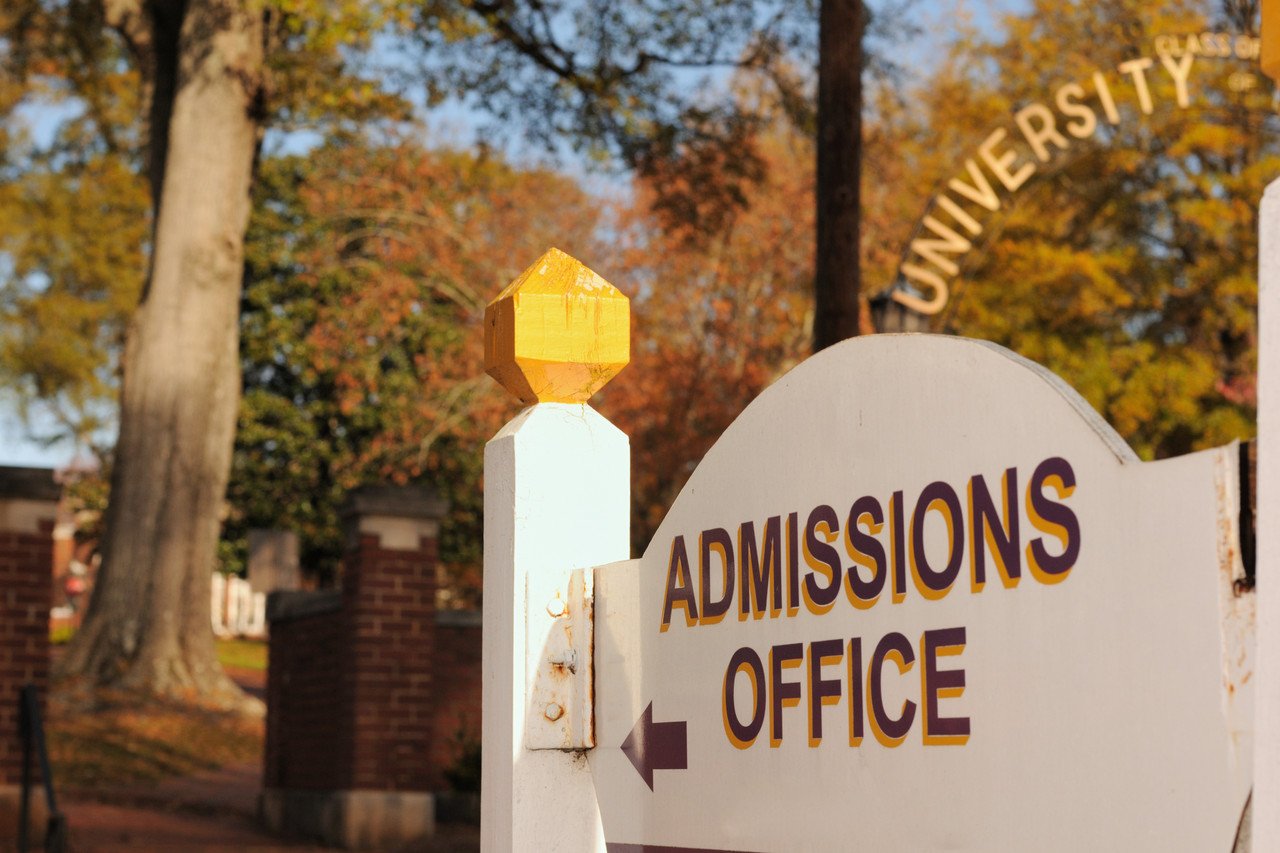Junior year tends to be a fairly busy time for high schoolers, as they balance the competing demands of remaining engaged in extracurricular activities both on- and off-campus, taking on challenging and rigorous academic schedules, and navigating the early stages of preparation for the more practical aspects of their senior year college application season.
While the focus towards the back half of junior year may often fall on college list building, essay brainstorming, and wrapping up standardized testing for students going that route, an important component that shouldn’t become lost in the shuffle is thinking about (and eventually requesting) counselor and teacher recommendation letters in support of a student’s college admissions journey.
So, let’s take a closer look into understanding whom to consider asking for these letters, as they play an important role in helping students craft applications that are compelling and unique. They can share a hyper-focused and nuanced view of the student outside of what is shared through the student’s high school transcript, testing (if applicable), activities list, and personal statement.
What should a student consider when thinking about who to ask for a letter of recommendation?
It’s important for students to understand that colleges and universities will use the information in their recommendation letters to evaluate whether they have the character traits and ability to function successfully (meaning academically, socially, as a member of the campus and surrounding community, etc.) in the competitive environment at their respective institution.
Taking into consideration the importance of recommendation letters as tools that (should) add value and meaningful context to a student’s college application, students should keep a few key questions in mind when thinking about who to ask to ensure that their selection process is thoughtful and aligned with their application plans.
- Which subject areas do they teach? Students should consider asking teachers whose courses fall within the academic core (meaning English, math, science, history/social science, and world language), as they will be better equipped to speak to the student’s academic progress, level of engagement, interactions with peers, and noteworthy accomplishments. To the extent possible, students should also consider keeping their requests to asking junior and senior year teachers, as they will have had the most recent contact with the student. *Note: There are a few schools who ask for a humanities and a STEM letter (for example, Harvey Mudd and MIT), so be mindful of your schools’ requirements, but they tend to be outliers in the process. To ensure that you’re meeting any specified recommendation letter requirements, you must do your homework (sigh, more homework) in researching the requirements for your schools of interest.
- What if I didn’t earn stellar marks in the class? That’s completely okay! Even if you didn’t earn the highest grade, a teacher that has seen you struggle, rise above those challenges, and improve in some capacity (even small gains can mean big victories down the road!) can write an excellent letter about you as both a student and a person. You want to select teachers who know you well and can speak about your skills, qualities as a person, academic promise, or concern for and respect from others, to name just a few qualities of the highest importance. Remember, an effective and compelling letter of recommendation should affirm that a student will not only perform well academically, but they will also be an active, contributing member of the campus during their time there.
- How would I describe the quality of my relationship with the teachers I’m thinking about asking? An important point of consideration is to ask, “If I take away the assessment piece of this puzzle in terms of my measurable academic performance in the class, what’s left for the teacher to speak about in terms of me as a person?” Can they attest to your skill in thinking creatively, leading productive classroom discussions, demonstrating discipline, commitment, and motivation, taking initiative, or observing your work and engagement with peers and other faculty outside the classroom? If the answer to these questions is a resounding yes, then you’re probably in a great place.
What happens if I don’t know my school counselor as well? Does that impact me negatively, and/or is there anything I should do this semester to get to know them?
It’s never too late to connect with your school counselor, even if you feel that your college application season is quickly approaching and perhaps the quality of that relationship isn’t quite where you would have wanted it to be. Will not getting to know your school counselor result in a catastrophic college planning experience? Probably (no, definitely) not, but if you had the opportunity to have yet another champion in your corner to advocate for you and your awesomeness, wouldn’t you take it? (The correct answer is yes, always!)
So, how can they get to know you, regardless of what college planning stage you’re in (and no, it isn’t “too late”)? Here are a few suggested strategies and best practices:
- Reach out to your school counselor (by email or just a quick office pop-in) to see if they are available to meet with you at some point. Be mindful of the timing of your meeting request, as school counselors tend to focus their work on different grade levels depending on where they are in the academic year/admissions season. If you must wait a bit for the meeting to come around, be patient!
- Before the meeting, ask your counselor “What information would be most helpful for you to know about me, so I can be prepared for our meeting?” If there’s a form to fill out, fill it out. If there isn’t, at the very least, an organized/bulleted list of the information you’d like to cover during the meeting is extremely useful. Two options could be -- (1) create a first draft of a resume if you don’t already have one (or update an existing one); and/or (2) fill out a “brag sheet” if such a form is available.
- Once you’ve established the footing for a solid connection with your counselor, maintain consistent (yet reasonable/not overwhelming) contact with your counselor. To the extent possible, attend grade-level specific college planning meetings or college nights at your school (if offered). While these events are totally optional, they can be very helpful in providing critical information that you’ll need to know along your own college exploration journey, but also presents an opportunity to begin engaging with your counselor by asking questions and putting yourself out there.
Is it useful to ask for an extra letter (beyond the two teachers and the counselor letter)?
We advise students to keep their requests to no more than two teacher recommendation letters, keeping in mind that, with the counselor letter, they’ll be submitting a total of three letters in support of their college applications. Additional (or, supplemental/optional) recommendation letters are not necessary, and many institutions will not review more than the number of letters they absolutely require.
However, for institutions that do accept additional letters, you may consider asking other people who know you well, such as coaches, club advisors, supervisors, or mentors, if you feel that their perspectives about their interactions with you will add value to your application. More than anything, be mindful of overdoing it with letter requests beyond what is asked for, for a number of really important reasons: (1) writing recommendation letters takes a lot of time and preparation (especially to personalize each and every student’s letter!), so asking for a letter that may not be reviewed adds an undue volume of work to a teacher’s already full plate; and (2) applying to college is a super practical exercise in following directions. If a college or university explicitly asks for only two teacher and one counselor letter, then it’s good practice to submit only what they are asking for. If they want more, trust us, they’ll ask you for it!
About Us: With more than twenty years of experience, Collegewise counselors and tutors are at the forefront of the ever-evolving admissions landscape. Our work has always centered on you: the student. And just like we’ve always done, we look for ways for you to be your best self - whether it’s in the classroom, in your applications or in the right-fit college environment. Our range of tools include counseling, test prep, academic tutoring, and essay management, all with the support of our proprietary platform, leading to a 4x higher than average admissions rates.



.png?width=600&height=200&name=Blog%20CTAs%20(7).png)



